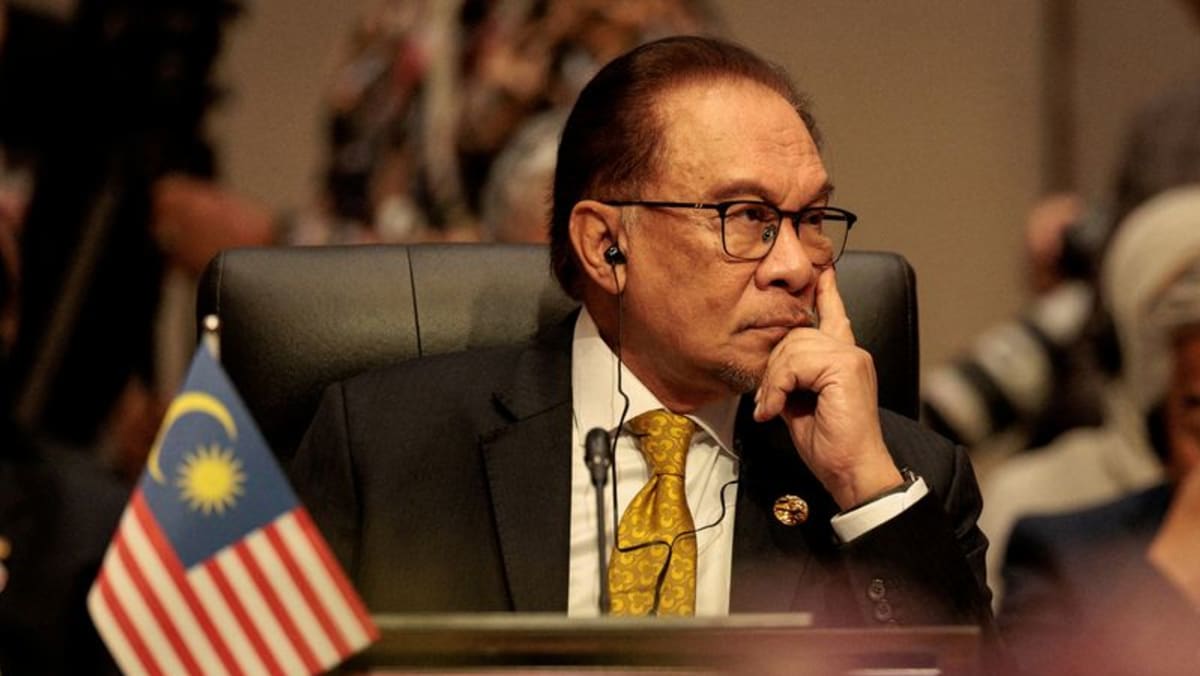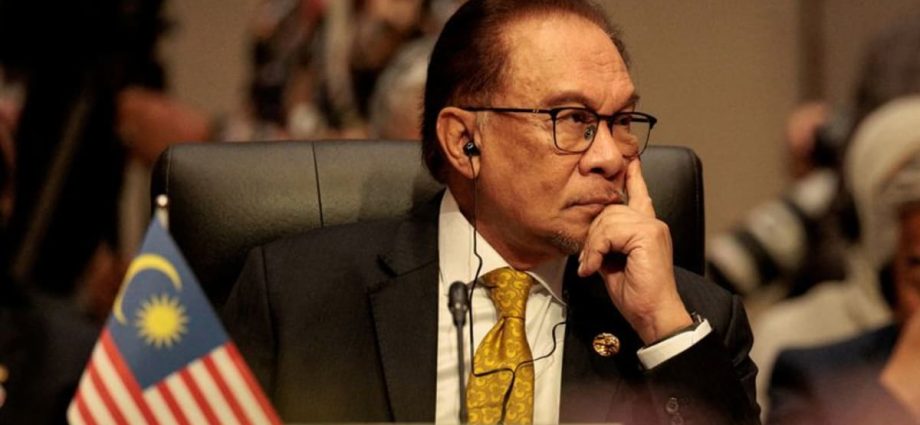
KUALA LUMPUR: From the get-go, there had been questions about how long Mr Anwar Ibrahim would be able to last as Malaysia’s prime minister.
His decades-long quest for the top seat kept getting thwarted, and he spent several stints in prison on charges he has described as politically motivated.
Finally, after several twists and turns in last year’s general election that resulted in a hung parliament, the Malaysian king stepped in and Mr Anwar was sworn in as the country’s 10th prime minister on Nov 24.
After a noisy 12 months of politics, Mr Anwar has consolidated power to command a strong majority in parliament, giving him a clear runway to the remainder of his five-year mandate.
Malaysia under the Anwar administration has been the most stable since the May 2018 general election that led to a revolving door of governments and three prime ministers. The so-called unity government led by Mr Anwar’s multi-racial Pakatan Harapan (PH) alliance currently enjoys a two-thirds majority in the country’s 222-member Parliament, a margin last seen in 2008.
In the past few weeks, a growing number of opposition MPs from Parti Pribumi Bersatu Malaysia (Bersatu) have publicly declared their support for Mr Anwar’s unity government.
Now, Mr Anwar’s main challenges are to crank up economic expansion, deliver on job growth and tackle cost of living pressures that together have become a toxic cocktail spreading disillusionment among ordinary Malaysians with his administration.
All of this will require fresh approaches.

